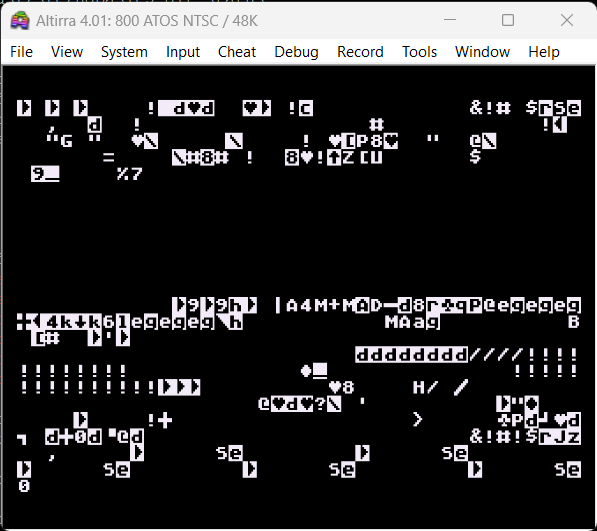OTHER CONTRIBUTIONS: MEMORY SCANNER
This is the "10 liner" version of RAM-Scanner example. A RAM-scanner, written (originally) in XC=BASIC by the Italian JJ Flash, and translated in ugBASIC which displays part of the contents of the RAM, in PETSCII characters. With it you can run from one part of the retro computer memory to another by simply using the joystick. A nice example of how to take advantage of the powerful MMOVE instruction.
Click here for more informations.
source
compile
sandbox
issues?
back to examples


